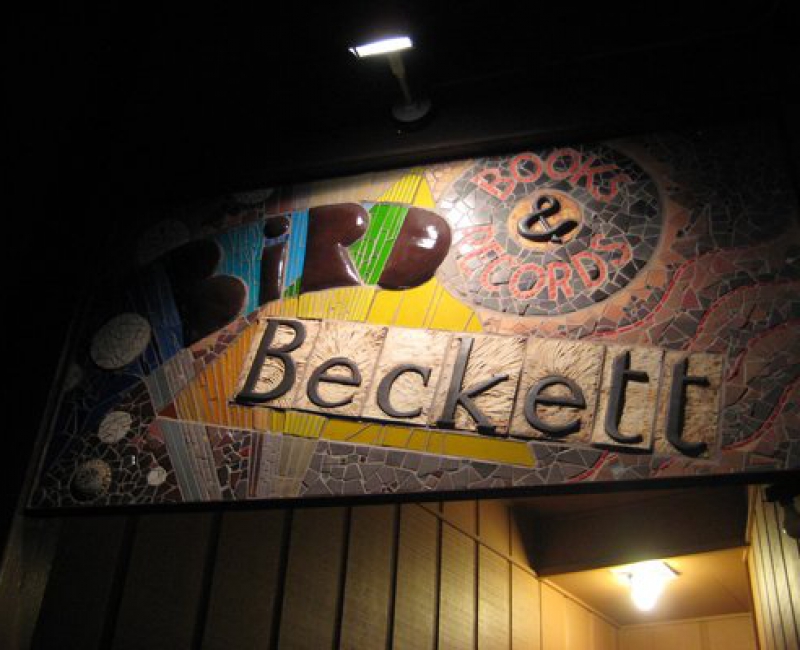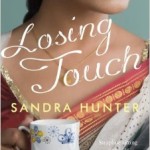Author Sandra Hunter presents her debut novel, Losing Touch.  Joined by three colleagues:  poets Garrett Groenveld and Gary Turchin and essayist Barbara Yoder.
 After Indian Independence Arjun brings his family to London, but hopes of a better life rapidly dissipate. His wife Sunila spends all day longing for a nice tea service, his son suddenly hates anything Indian, and his daughter, well, that’s a whole other problem. As he struggles to enforce the values he grew up with, his family eagerly embraces the new. But when Arjun’s right leg suddenly fails him, his sense of imbalance is more than external. Diagnosed with muscular dystrophy, he is forced to question his youthful impatience and careless cruelty to his family, until he learns, ultimately, to love them despite — or because of — their flaws. In a series of tender and touching glimpses into the shared life of a married couple, Sandra Hunter creates strikingly sympathetic characters — ones that remind us of our own shortfalls, successes, hypocrisies, and humanity.
After Indian Independence Arjun brings his family to London, but hopes of a better life rapidly dissipate. His wife Sunila spends all day longing for a nice tea service, his son suddenly hates anything Indian, and his daughter, well, that’s a whole other problem. As he struggles to enforce the values he grew up with, his family eagerly embraces the new. But when Arjun’s right leg suddenly fails him, his sense of imbalance is more than external. Diagnosed with muscular dystrophy, he is forced to question his youthful impatience and careless cruelty to his family, until he learns, ultimately, to love them despite — or because of — their flaws. In a series of tender and touching glimpses into the shared life of a married couple, Sandra Hunter creates strikingly sympathetic characters — ones that remind us of our own shortfalls, successes, hypocrisies, and humanity.
Sandra Hunter’s fiction has appeared in a number of literary magazines, and has received three Pushcart Prize nominations. Among other awards, she won the 2013 Women’s Domination Story Competition, 2012 Cobalt Literary Magazine Fiction Prize and the 2011 Arthur Edelstein Short Fiction Prize. Her short story “Blessed Are the Meek†won Glimmer Train’s Spring 2005 Very Short Fiction Award, and is now a chapter in her novel Losing Touch, to be published in July 2014 (OneWorld Publications).
Praise for Sandra’s writing:
“I found the novel riveting and quickly got to care for the characters. The structure really added to that as it set up tensions  where they would have been in the time gaps. It flowed beautifully.  I loved the humanity of it, the sadness of regrets and lost opportunities, the tension of the relationships in the midst of trying to straddle two cultures and still the joy in life especially when new life starts.  If I had to choose between Sandra Hunter and Flannery O’Connor I’d choose Sandra Hunter for her style and skill in telling a story.†–Graham Fulton, well-known Scots poet
“In pitch-perfect prose, prize-winning author Sandra Hunter offers a fresh focus on the immigrant experience of 1970s London and of the differences that exist between first and second generations.† –The Fritz Agency
“It’s good. Very good. It’s got characters who, with little real detail, become nonetheless very real through the third person narrator’s well planned insight.†— Susan Gibb, from the blog Spinning, referring to a short story by Sandra Hunter






